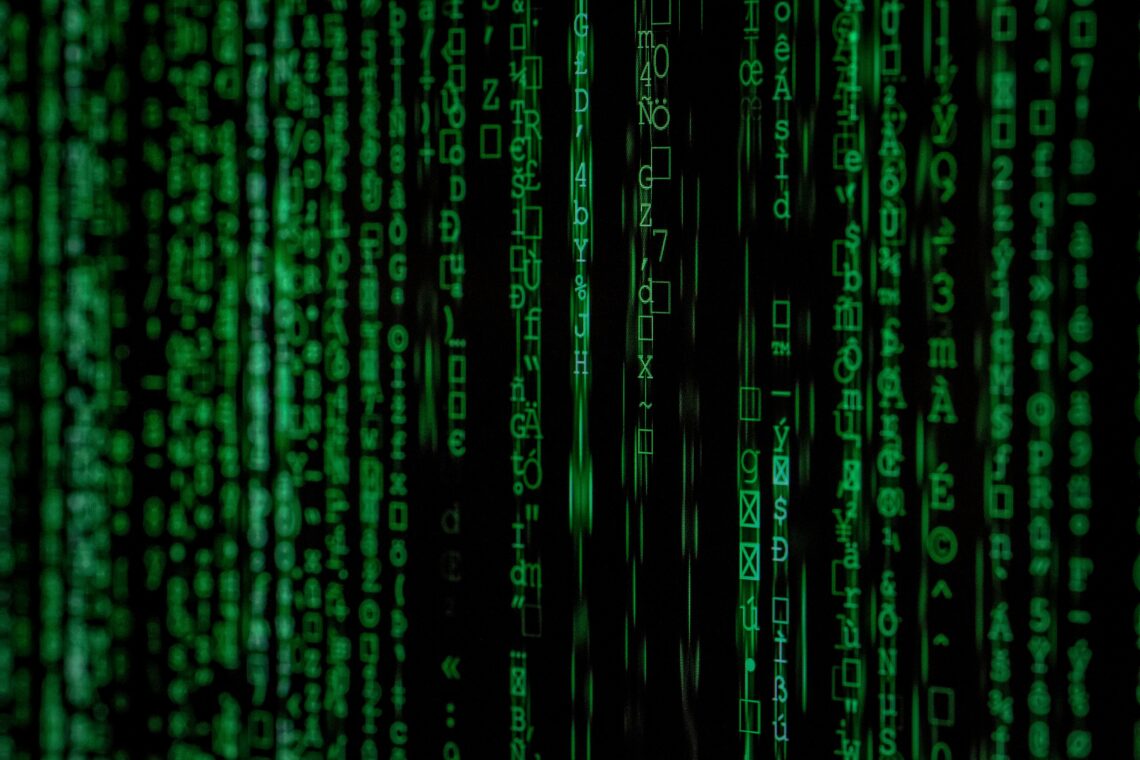What is a digital identity?
The use of digital identities is now increasingly common. I think of a digital identity as a collection of information about a person online that is used to quickly and accurately identify an individual. For example, use facial recognition to open your phone, use your personal email for verification, use your student account to access articles for free, etc. Digital identity will increase efficiency while enhancing the user experience.
How do personal versus professional approaches to digital identity affect social media use?
The professional approach to digital identity has broadened the scope of social media dating. At the same time, the professional approach to digital identity has made social media more complete, gradually forming a platform for building thought leadership.
The personal approach to digital identity has brought people closer and made social media simpler, and easier to use, with an increased variety of features and more convenience.
How do digital identities converge in networked publics – what are the impacts and benefits?
Impact
There is a risk of privacy leakage, and some websites are virus-ridden and can steal personal information, thus personal privacy cannot be completely secured. In addition, there is a risk to security. The networked public is very broad in scope, and not everyone is clear about the true identity of the person behind the network and its purpose. In addition, there are many online frauds, so security is also a big risk. In addition, the law is not very perfect in sanctioning online fraud, which also leads to the prevalence of online fraud.
Benefits
Convenience and speed. You can conduct transactions or connect with friends and family across borders, no matter where you are in the world. In addition, the convergence of digital identities and networked publics has also increased people’s knowledge in many different aspects, such as different cultures, ideas, and technologies. This convergence process is also an expansion of the networked public.
Can a digital wallet provide trust in networked publics?
Digital wallets can provide trust in a networked public.
Digital wallets are made more reliable by uploading different personal information to refine digital identity. People cannot easily renege and cheat. But while providing trust there are also certain risks. The binding of personal information, that is, the perfection of digital identity also carries a greater risk of leakage. The law, civil society, and the professional space should remain serious when it comes to engaging in digital identity responsibilities, and online fraud should be given the punishment it deserves. There are many conveniences that can be brought to the community under perfect cybersecurity management, not only people have a wider variety of knowledge, but also the community will be accelerated. For example, with the increasing trust provided through digital wallets, the number of networked publics will increase, and the flow of culture and goods will accelerate, thus accelerating community development.





rongmu
January 28, 2023 — 11:50 pm
Hi, I totally agree your idea, digital wallet is really convinent and speed, we can use our digital walley anywhere in China, many people don’t need to bring their wallet and their digital wallet is really safe because they should use their face ID to make identify, if the face id is incorrect, other person will not steal their money so digital wallet are safe.
chloegao
January 29, 2023 — 3:45 pm
Hi Junyang,
Yes, digital identity has brought us a lot of conveniences and improved a lot of efficiencies. But the presence of hackers and cybersecurity is also a threat to digital identities. I think what you said is right, the government and the law should establish a formal law for cybercrime to achieve corresponding punishment. There are large legal gaps in cybercrime, and there are a lot of security risks from identity theft online.